The fellow at the Center on Global Energy Policy at Columbia University, says that it is harder to see US pressure on Iran “adding up to a resolution of the problems the United States identified in choosing to impose those sanctions, in no small part because Iran may feel that it is unnecessary to respond to only the concerns of one country and an adversary at that.”
Following is the text of the interview:
What is the history of the using of sanction in US foreign policy?
Sanctions have been part of US foreign policy since the beginning of the Republic. They've been applied against a range of other states and actors, including countries that are now firm US allies like the United Kingdom. To this end, it is worth noting that sanctions have also been a part of many foreign policies. The difference now, I think, is the degree to which the United States can operationalize its global economic position to implement sanctions. But, arguably, other superpowers -- for their time -- had similar power.
What is the importance of sanction in US foreign policy?
It is an important tool in the conduct of foreign policy for creating leverage to resolve problems. All countries seek to build leverage as they enter into negotiations or deal with conflicts. Sometimes, the leverage is through sanctions. Other times, it is through violence or building up coalitions of partner countries.
Which preconditions needed for success of sanctions in US foreign policy?
In my opinion, the conditions are: 1) a clear, well-articulated strategy with identified objectives; 2) a clear understanding of the target of sanctions, its vulnerabilities, and its interests so that sanctions can be tailored to their purpose; 3) international support and, better, cooperation in implementing sanctions; and, 4) a clear linkage to negotiations so that the leverage generated by sanctions can be applied toward a diplomatic settlement.
For success of sanctions on Iran, you have emphasized on international support and consensus. Do you think without the international support, US imposing sanctions on Iran will not be successful?
I think that it is much more difficult. I think the United States can generate pressure on Iran and has already done so. I think it is harder to see this pressure adding up to a resolution of the problems the United States identified in choosing to impose those sanctions, in no small part because Iran may feel that it is unnecessary to respond to only the concerns of one country and an adversary at that.
Dollar is a useful instrument in imposing sanction by US. what is your opinion about this? Can dollar remain as a useful instrument in imposing sanction by US in the future?
The dollar is less a useful instrument than it is a resource that countries, banks, and companies want to use. By threatening to withhold access to the dollar (and, more importantly, access to the United States economy), the United States can make it harder to resist its policy choices. The key factor in its continuing utility is the degree to which people, companies, and banks want to do business in the United States and how ready they are to walk away from that in order to do business with US-sanctioned targets. Thus far, we are not seeing that in large scale. As time moves on, we may.
Regardless of the result, INSTEX is a try by Iran and other countries for evading the SWIFT and dollar base mechanism's role. Do you think that dollar based mechanism will be weakened in the future?
It may, but it won't be because of INSTEX. INSTEX may work or it may not, but the value of the dollar -- and, again, more importantly, the value of the US economy and access to it -- remains high for international business. So long as that remains important to international business, it will be hard for foreign companies, banks, and governments to ignore US policy demands.
Interview by Javad Heirannia




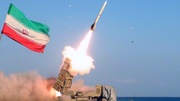
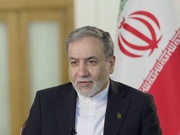
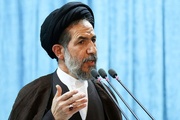

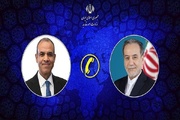

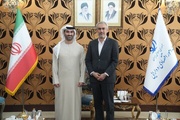

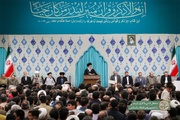
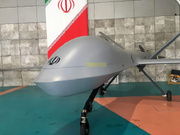












Your Comment